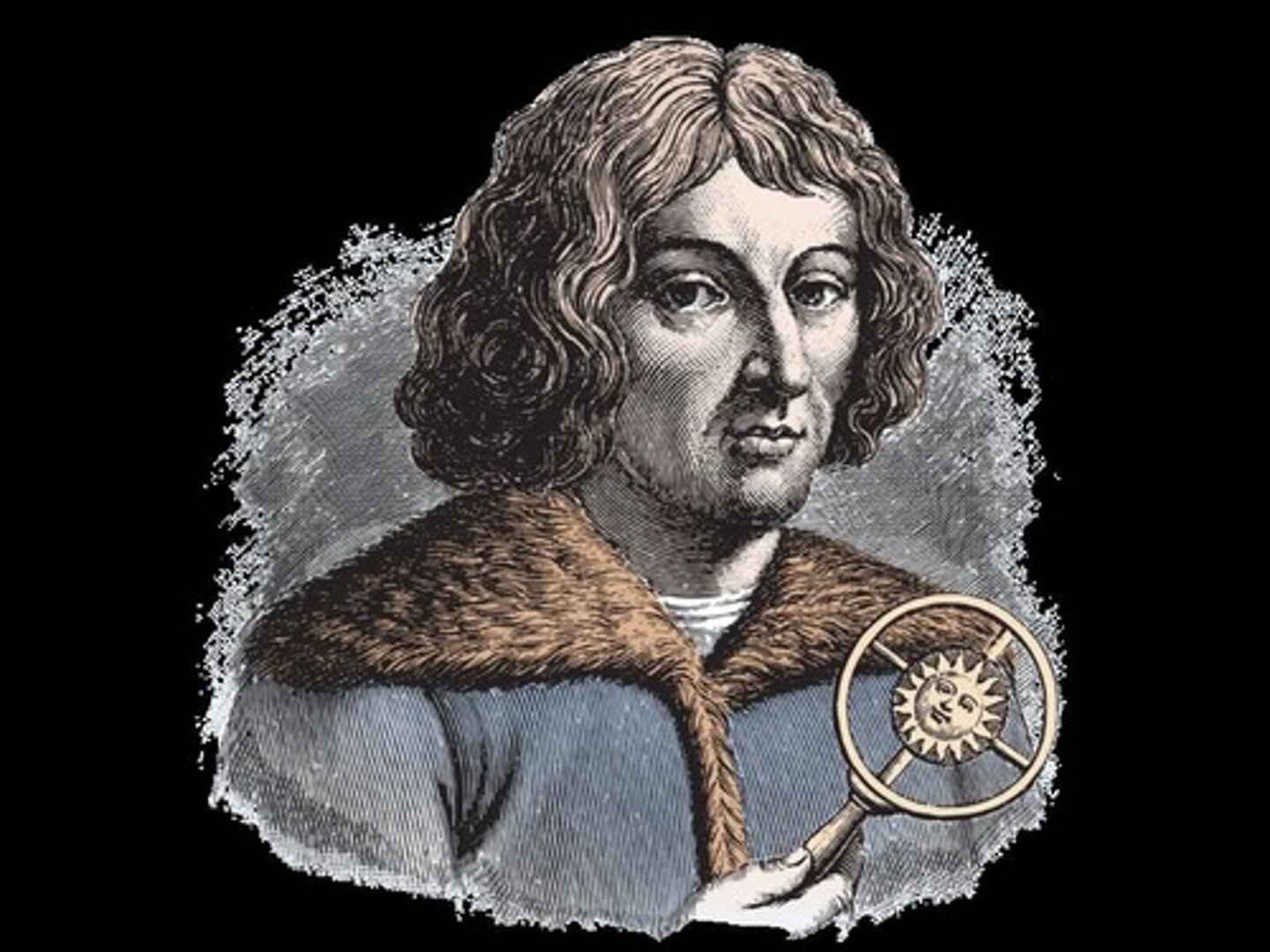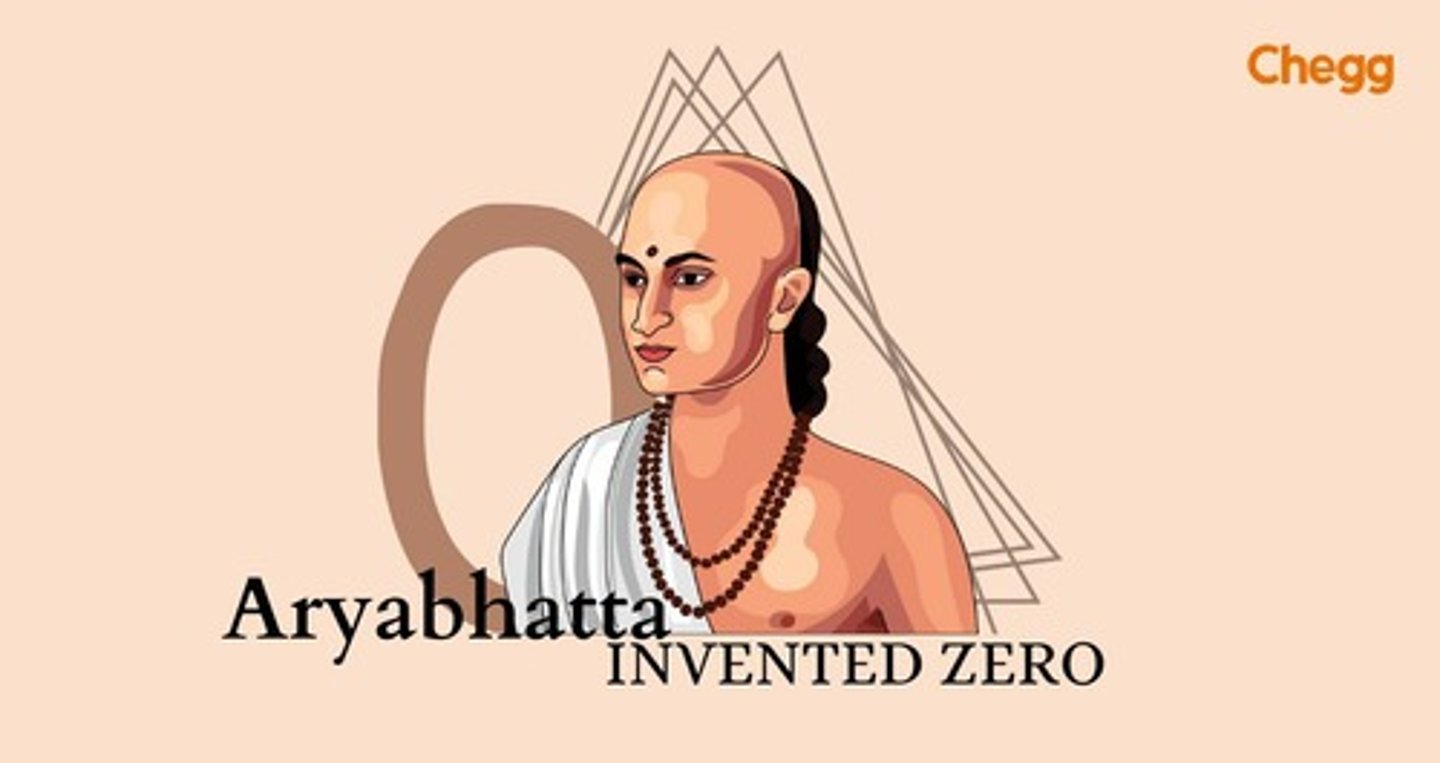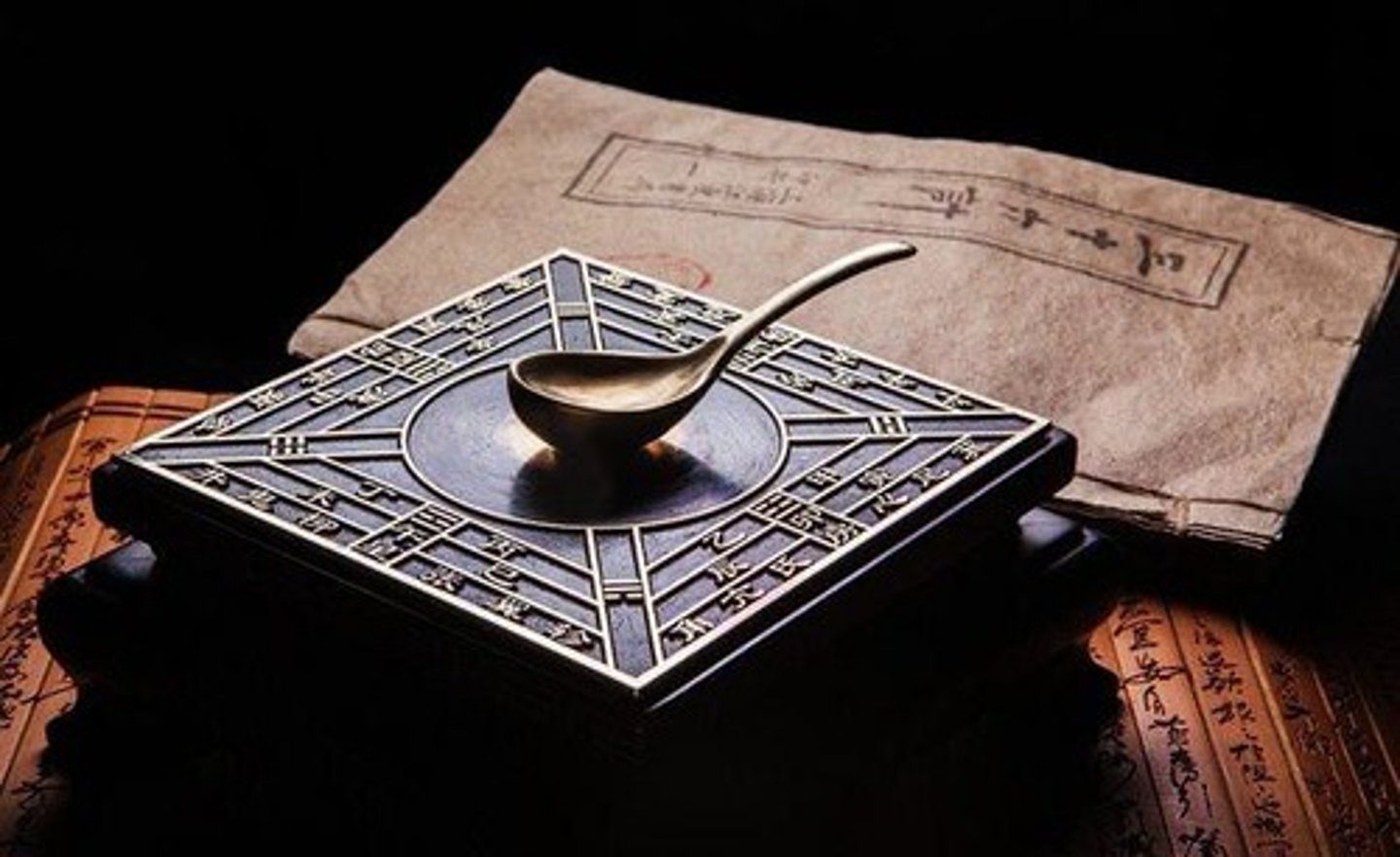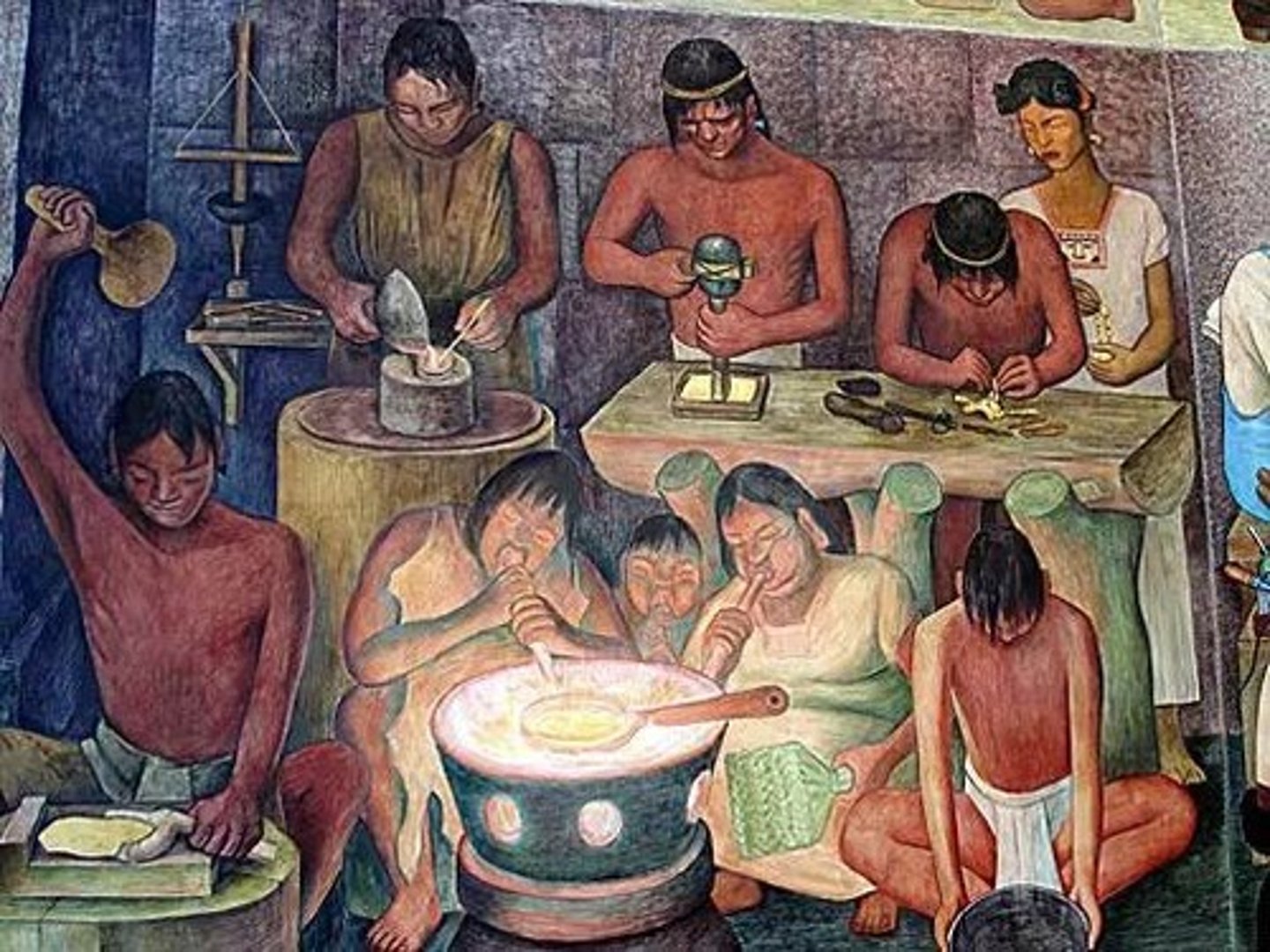Major Intellectual Revolutions in Science and Society
1/22
There's no tags or description
Looks like no tags are added yet.
Name | Mastery | Learn | Test | Matching | Spaced |
|---|
No study sessions yet.
23 Terms
Intellectual Revolution
A major shift in thinking that challenges traditional beliefs.
Copernican Revolution
Heliocentric Model - The sun is the center of the solar system.

Nicolaus Copernicus
Thinker associated with the Copernican Revolution.
Impact of Copernican Revolution
Changed how we understand the cosmos; foundation of modern astronomy.
Industrial Relevance of Copernican Revolution
Encouraged the scientific method, precision in measurement and tools.
Darwinian Revolution
Evolution by natural selection (Origin of Species, 1859).
Charles Darwin
Thinker associated with the Darwinian Revolution.

Impact of Darwinian Revolution
Changed how humans understood life, biology, and their place in nature.
Industrial Link of Darwinian Revolution
Foundation of biotechnology, agriculture, and genetics; used in food science and crop development.
Freudian Revolution
The unconscious mind influences behavior; introduced psychoanalysis.
Sigmund Freud
Thinker associated with the Freudian Revolution.
Impact of Freudian Revolution
Changed how we understand human behavior, emotion, and decision-making.
Tech Link of Freudian Revolution
Applications in ergonomics, marketing, and design thinking in industrial workplaces.
Information Revolution
Rapid shift from analog to digital; rise of information and communication technology.
Timeline of Information Revolution
20th century to present.
Impact of Information Revolution
Digital transformation of work, society, education, and communication.
Industrial Link of Information Revolution
Automation, AI, robotics, CAD/CAM, IoT — all essential in modern industrial technology.
Meso-American Knowledge
Civilizations: Maya, Aztec; Innovations: Calendar systems, astronomy, engineering (pyramids), irrigation.
Asian Knowledge System - China
Innovations: Gun Powder, Compass, Paper making, Printing.

Asian Knowledge System - India
Innovations: Concept of Zero, Early Metallurgy, Ayurveda.
Middle Eastern Knowledge
Golden Age of Islam (8th-13th centuries); Innovations: Algebra, optics, astronomy, medicine, mechanical clocks.

African Knowledge System
Civilizations: Egypt, Mali, Nubia, Ethiopia; Innovations: Metallurgy (iron smelting in Nok), architecture (pyramids), math, medicine.
Relevance of Indigenous Knowledge Systems
Proof of early industrial design, urban planning, and sustainable farming.